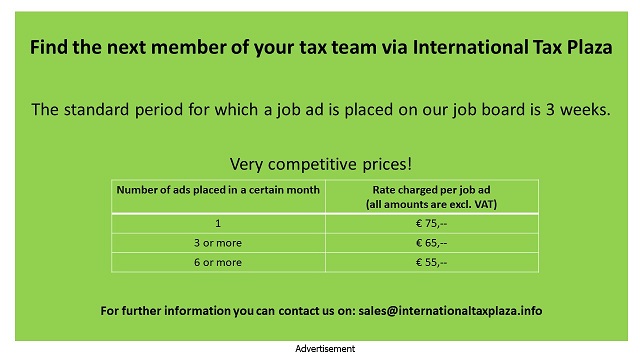On April 14, 2022 the Irish Ministry of finance opened a public consultation in relation to the Research & Development Tax Credit and the Knowledge Development Box. The consultation period runs from April 14 until May 30, 2022.
Research and Development Tax Credit
The Research and Development (R&D) tax credit was introduced in Finance Act 2004. The central purpose of the R&D tax credit is to encourage companies to undertake high-value-added R&D activity in Ireland, thereby supporting jobs and investment here. It supports companies in investing their own resources in R&D activities, thereby stimulating more activity than government resources could support through direct expenditure measures alone.
The principal benefit of the R&D Tax Credit is that it reduces the costs of undertaking R&D in Ireland by 25%. For every €4 spent on qualifying R&D, a tax credit of €1 will be provided to the company. It is flexible in terms of its operation as, where a company has offset the credit against its corporation tax liabilities and excess credit remains, the company can make a claim for payment of the excess credit over three instalments.
Knowledge Development Box (KDB)
The Knowledge Development Box (KDB) is an OECD-compliant intellectual property (IP) regime, which provides for relief from Corporation Tax on income arising from qualifying assets such as computer programs and inventions protected by a qualifying patent. The objective of the KDB is to encourage companies to develop IP in Ireland and thereby engage in substantive operations that have a high ‘value-add’ for the Irish economy, both in the FDI and indigenous sectors.
The relief is given by way of a deduction equal to 50% of the qualifying profit from the qualifying asset, which in practice results in an effective tax rate of 6.25% on the qualifying profit. Small and Medium Enterprises (SMEs) benefit from an expansion of the definition of qualifying assets to include inventions that are certified by the Controller of Patents, Designs and Trademarks as being novel, non-obvious and useful.
Companies electing to avail of the KDB must do so within 24 months from the end of that accounting period. By contrast, most tax reliefs are claimed in a company’s tax return, filed within nine months of the end of the accounting period.
The KDB may be claimed by companies with accounting periods commencing on or after 1 January 2016 and before 1 January 2023. As such, officials in the Department of Finance will be considering future policy options with respect to the KDB and how it may interact with the Pillar 2 agreement on minimum effective corporate tax rates, including in particular the Subject to Tax Rule (STTR).

The public consultation
The purpose of this public consultation is to consider the current challenges facing firms who are active in the R&D and IP space, as well as the implications of recent domestic and international tax reforms for these two reliefs.
The Consultation documents contains 15 questions, which are divided over the following 3 subjects:
· Section 766 – Research and Development Tax Credit;
· SMEs and the R&D Tax Credit; and
· The Knowledge Development Box.
Not all questions raised in the consultation document are of a tax technical nature. A few examples of questions included in the consultation document are are:
1. What are the key considerations to be taken into account when deciding whether to base your R&D activity in Ireland?
5. One of the main policy rationales of the R&D tax credit is to promote high quality jobs and investment in the Irish economy. In your experience, has your decision to conduct R&D in Ireland resulted in you recruiting additional staff, interns or apprentices?
9. If the rules in relation to how the credit is claimed or distributed were to be altered,for example in relation to the payment or carry-forward of excess credit, what transition provisions or other considerations would be required?
(In responding to this question, please have regard to multi-lateral and
jurisdictional changes in the international tax landscape and their potential
consequences for the Irish tax system as a whole.)
12. Do you have any views as to how Ireland’s KDB could develop in the evolvinginternational tax environment?
(In responding to this question, please have regard to the Subject To Tax Rule (STTR) element of the Pillar Two agreement and its potential consequences for KDB claimants and the Irish tax system as a whole.)
The consultation document, which also contains information on how to respond, can be downloaded here.
Copyright – internationaltaxplaza.info
and




